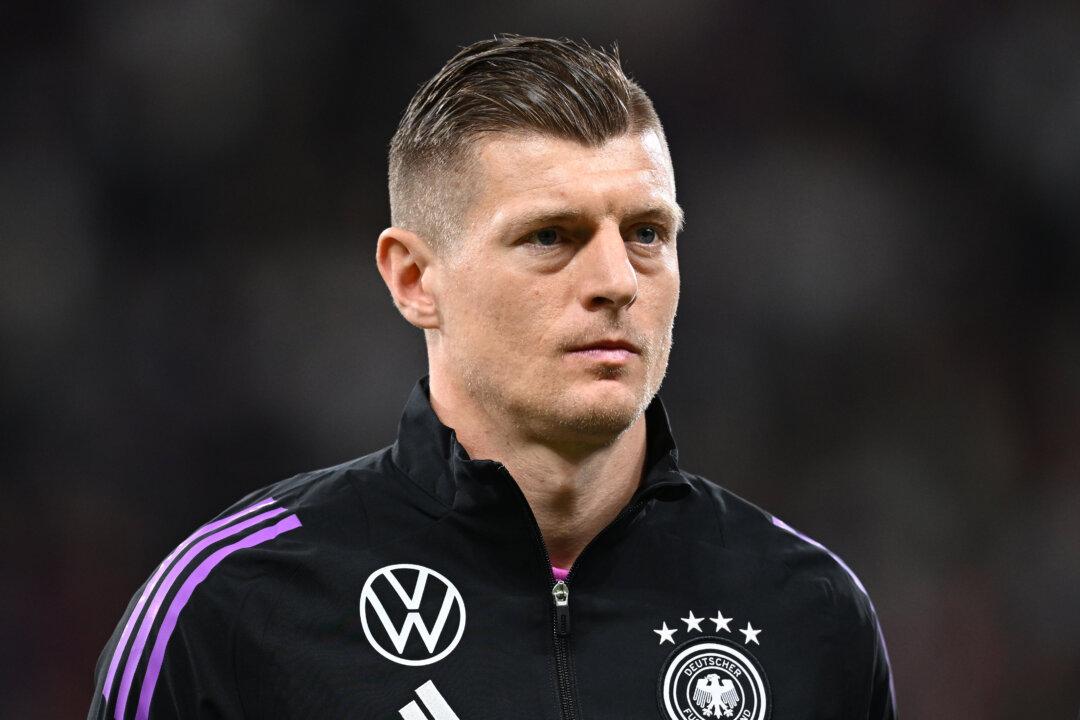The UEFA Euro 2024, or the European Championship, starts Friday, June 14 in Germany. The Euros, the second-most watched tournament in the world, are held every four years in between the FIFA World Cup, the most-watched tournament. This year’s edition will be the 17th, with Italy serving as reigning Euro champion. The 2024 Euro includes 24 nations, divided in six groups of four. Here’s a look at Groups A and B, who will play their group stage matches from June 14 through June 24.
Group A: Germany, Scotland, Hungary, Switzerland
As the host, Germany automatically qualified for the Euro 2024, not that they would have had any difficult in going through the qualification process. Germany ranks 16th in the FIFA World Ranking and ninth amongst UEFA nations. The Germans are also the most successful team in European Championship history as their three wins are tied for the most ever, and their six finals appearances are the most in history. Being the host also has its perks, with both limited travel and home-field advantage. Over the previous 16 European Championships, the host has made at least the semifinals 14 times, including winning the tournament four times.This German squad isn’t the juggernaut of past years, but it still has several holdovers from the team that won the 2014 FIFA World Cup. Midfielder Thomas Muller is coming off a season in which he led the German Bundesliga in assists per 90 minutes (0.49) and is the most decorated German soccer player in history, with 33 trophies. Meanwhile, Toni Kroos, who will retire after this tournament, just won his record-tying sixth UEFA Champions League last week. That veteran leadership will hope to steer Germany back in the right direction as the nation has as many losses (five) as wins over the last calendar year.





